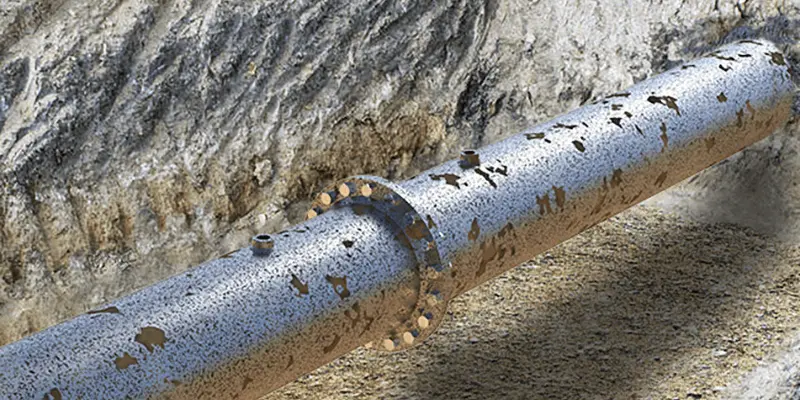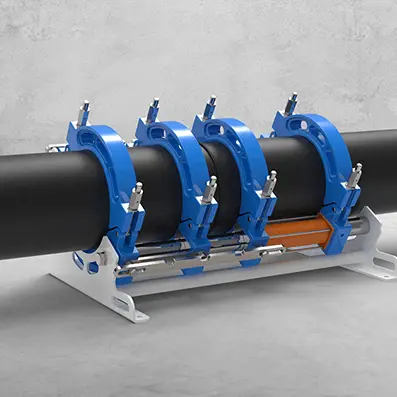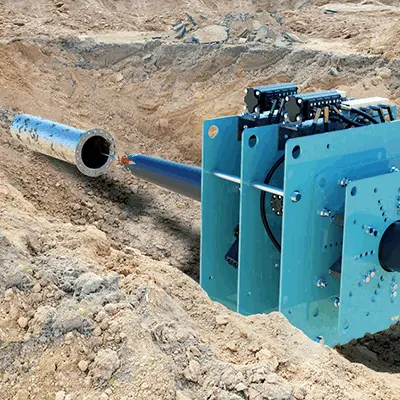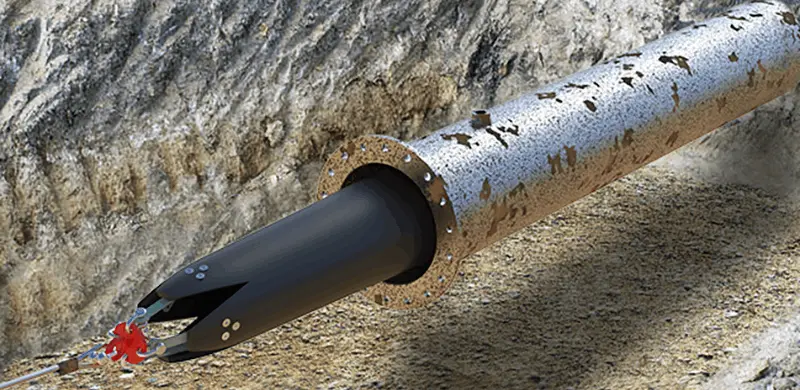

TecLiner is a coating technology that involves installing a thermoplastic pipe inside a new or existing steel pipeline. The inner layer acts as a barrier, containing the fluid and isolating the steel, protecting it from corrosion, strengthening its structure, and extending the expectancy of the pipeline for decades.
The installation of the efficient termoplastic liner adds a new layer to the existing pipeline. The combination of efficient termoplastic liner and steel provides resistance to internal corrosion and can withstand operational pressures, which will be supported by the steel pipe.
The Liner system enhances flow capacity due to the smooth surface of the HDPE, which boosts productivity and reduces the formation of deposits.
Sections range from 600 to 1.400 meters, depending on the pipeline diameter and land topography. This allows for fewer welding activities, improving installation time and cost-efficiency.
The HDPE material used in the TecLiner system remains stable up to temperatures of 85°C for water or oil emulsion applications. HDPE is also highly resistant to chemicals, making it suitable for nearly all oil and gas applications. For higher temperatures or other fluids, TecBrasil can use alternative materials like PA-12 polyamide, PVDF, and others.
The TecLiner system can rehabilitate pipelines for less than half the cost and time of building a new pipeline. TecLiner is a permanent solution that requires no maintenance.
The steel pipeline (host pipe) is cut into sections to make it easier to insert the Liner. HDPE pipes are thermofused for insertion into each section.


Each HDPE section is pulled into place using a steel cable, which is first inserted through the opposite end of the section and connected to the pipe. The section is then pulled through the host pipe with a controlled process.


Once the sections are inserted and connection fittings are installed at each end, we join all the Liner-coated sections together. Finally, integrity tests are performed to ensure the pipeline with the Liner is secure.
